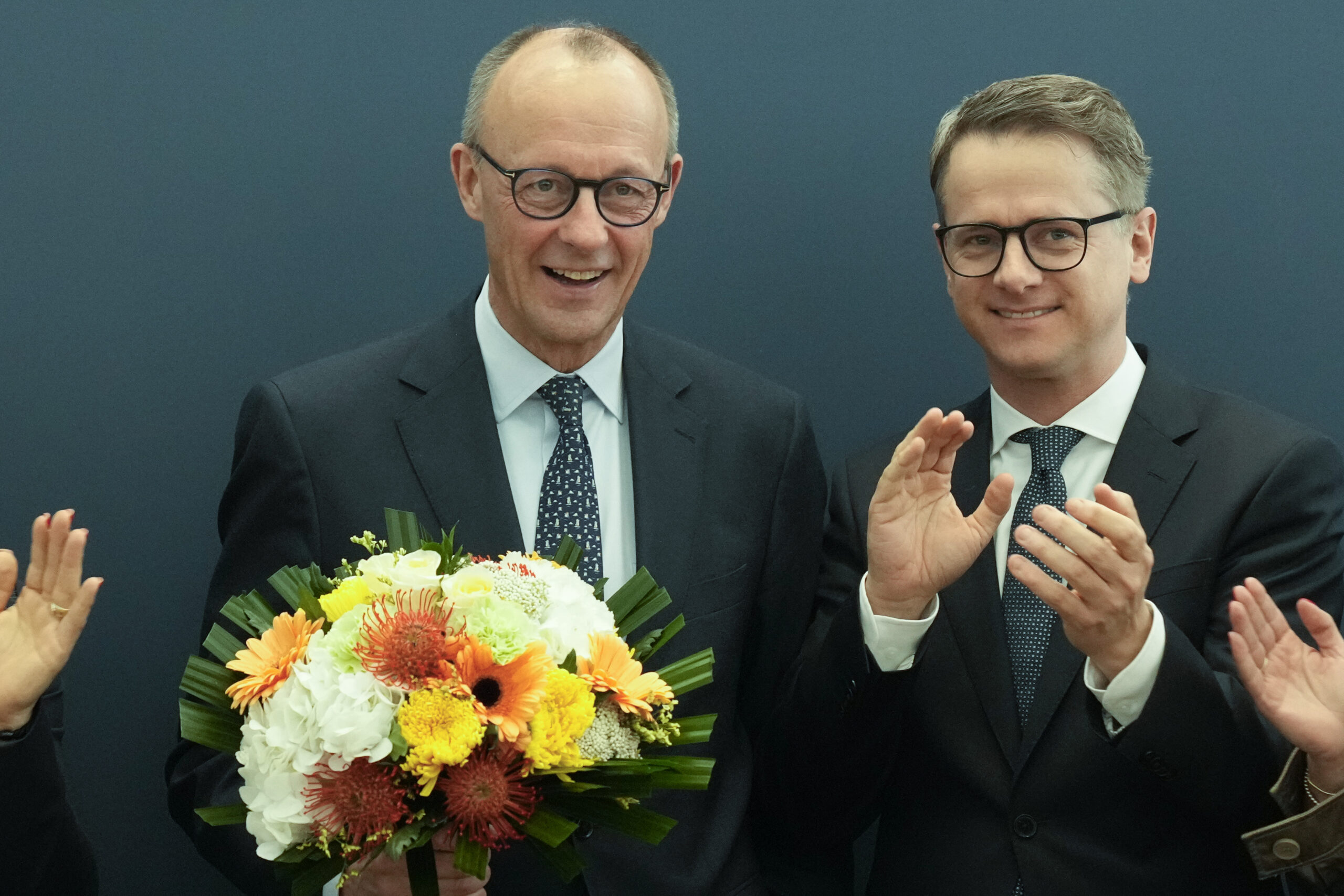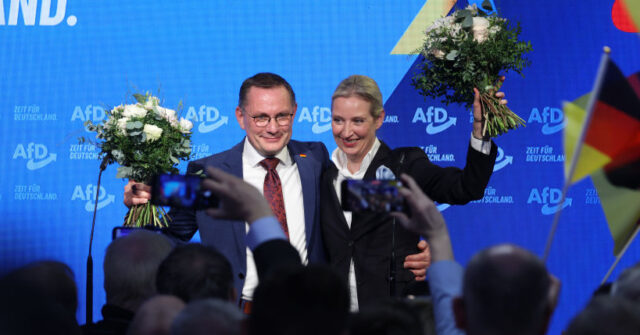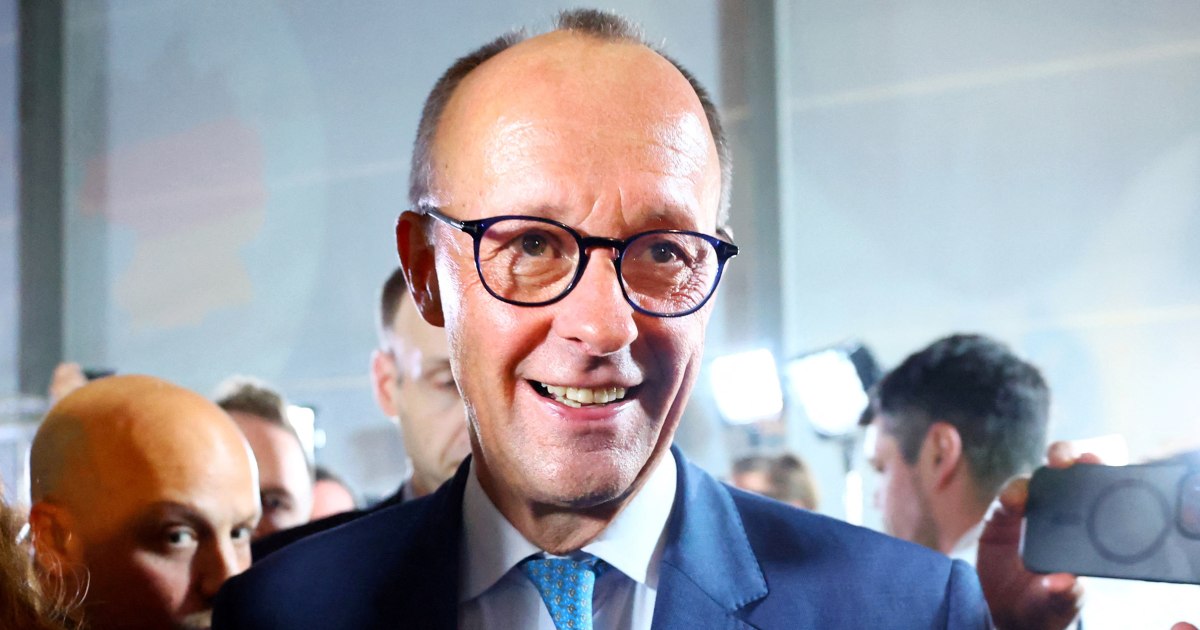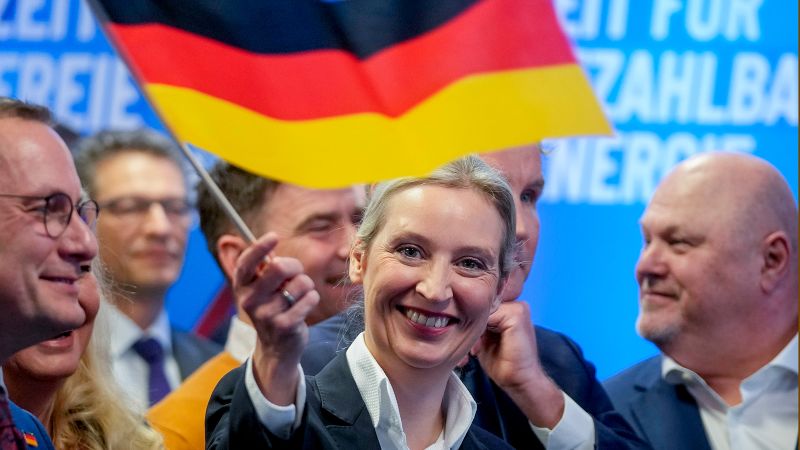Friedrich Merz Poised to Lead Germany as Center-Right Coalition Forms Amid Far-Right Surge
Following a significant election, Friedrich Merz is set to lead Germany, with the far-right Alternative for Germany party gaining unprecedented support.
Subscribe to unlock this story
We really don't like cutting you off, but you've reached your monthly limit. At just $5/month, subscriptions are how we keep this project going. Start your free 7-day trial today!
Get StartedHave an account? Sign in
Overview
In the recent German elections, Friedrich Merz's center-right CDU emerged as the leading party, while the far-right AfD secured its highest vote share, causing political shifts. The outgoing SPD faced a heavy defeat, marking a crucial moment as Merz prepares coalition talks, likely with the SPD. The far-right's rise raises concerns about extremism in German politics, demanding swift economic reforms and immigration control from the new leadership amidst growing voter polarization.
Report issue

Read both sides in 5 minutes each day
Analysis
Analysis unavailable for this viewpoint.
Articles (15)
Center (8)
FAQ
Merz's victory was influenced by widespread discontent with the outgoing government and significant voter migration from the SPD to the CDU/CSU. Immigration concerns also played a major role in the election campaign.
The AfD nearly doubled its support, achieving its best result since World War II. This surge highlights growing polarization and extremism concerns in German politics, as mainstream parties have ruled out coalition talks with the AfD.
Given that the CDU/CSU lacks an absolute majority, likely coalition options include a grand coalition with the SPD or a three-way coalition involving the Greens. The CDU has ruled out partnering with the AfD.
The election saw significant voter polarization, with younger voters leaning towards extremes like the AfD and the Left Party. Men tended to vote more conservatively, while women supported the SPD, Greens, and Left Party more. Education level also influenced voting patterns, with those having higher education levels favoring the Greens and Left Party.
History
- This story does not have any previous versions.













